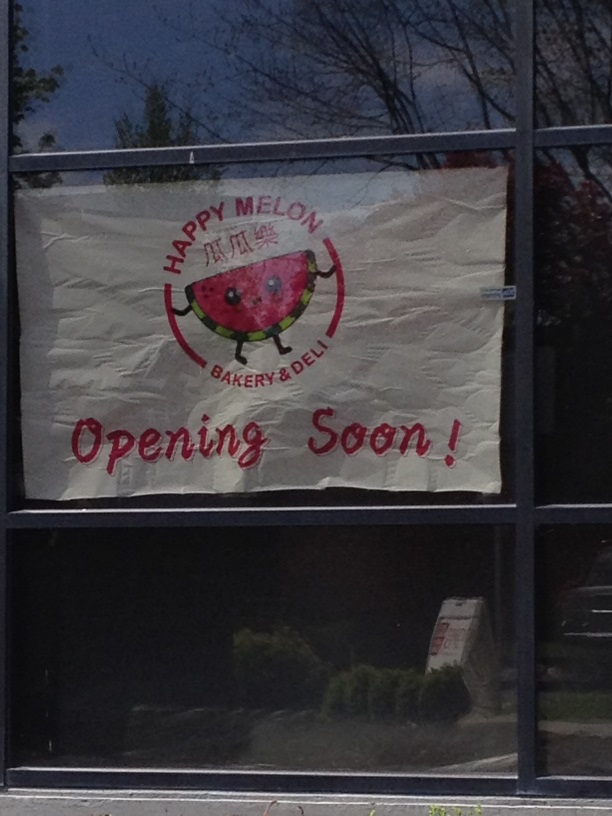The problem with farm-to-table restaurants, so far as the farmers are concerned, is the difficulty of getting those tables sat during a recession. While chefs may wholeheartedly support locavorism, they only buy as much product as their customers demand – and if their restaurants close, they don’t buy any product at all.
That’s why farmers are increasingly promoting their wares to the institutions which don’t have the option of shutting down or moving to a faraway city where the economy’s healthier.
“Institutions are anchors in our community,” Northwest Agriculture Business Center’s marketing coordinator Emma Brewster explained at last week’s Planning for Agriculture in the Puget Sound Region conference, sponsored by the American Farmland Trust. “They’re a model of place-based economic support. Something like Seattle Children’s Hospital isn’t going to get up and move to Dallas.”
The Northwest Agriculture Business Center is now trying to facilitate connections between growers and day cares, hospitals, senior centers and schools by administering an online ordering system that’s formatted much like the sites maintained by major commercial food distributors. At The Farm to Table Store, which was in pilot mode last year, purchase managers can review updated inventories from area farms and select items which are paid for and delivered as though coming from a single source.
Overlake Hospital in Bellevue last month launched the new program by ordering carrots and kale rabe from Caruso Farm in Snohomish.
According to director of marketing Lucy Norris, there are currently 35 sellers participating in the online store. “We hope to see more come online as the season develops,” she adds. As for buyers, “Overlake and UW Medical Center are ordering weekly but the City of Seattle – supported in the Food Action Plan — has provided stipends to 33 different preschool sites in low-income neighborhoods to spend at Farm to Table exclusively. We should see them coming online soon.”
Brewster said the transactional tool was conceived after the business center arranged a no-frills wholesale market
“And lo and behold, the people who came to this market were not chefs we were expecting,” she said. “It was hospital service managers, it was people who run day care centers.”
A similar model has caught on in Cleveland, where economic developers have tailored their plans to meet the existing needs of resident institutions, such as the Cleveland Clinic. To keep jobs in the city, Cleveland’s leaders have rallied behind laundries and hydroponic lettuce operations.
“The game of farm to plate is changing,” Brewster said. “It’s not niche, it’s not boutiquey. It’s not what we expected 5 to 10 years ago.”








